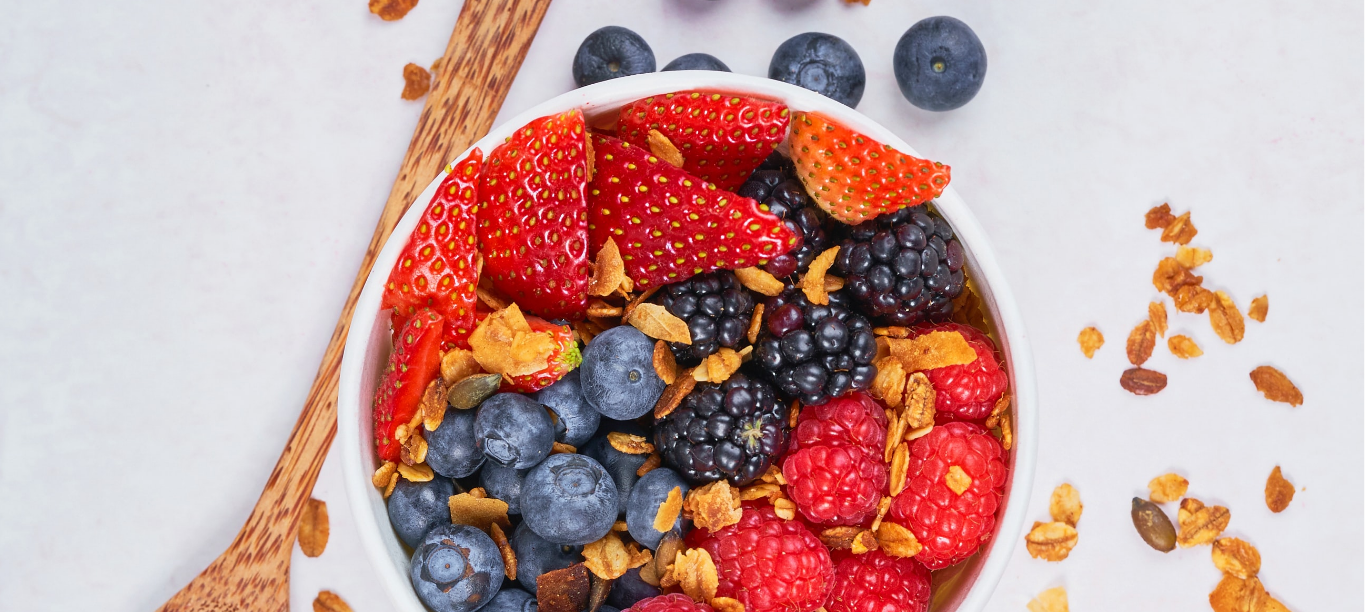Eating Right for CKD
The nutritional needs for patients with CKD vary depending on multiple factors such as body size, activity level, severity of CKD, concomitant medical conditions and laboratory test results. To reduce the risk of malnutrition, it is important for patients with CKD to consume adequate calories and sufficient, but not excessive, protein from their diet. For patients at risk of malnutrition, specialised kidney nutrition supplement may be prescribed by their doctors or dieticians. It can be challenging for patients with CKD to manage their diet. You are encouraged to consult your doctor or dietician for a personalised diet plan.
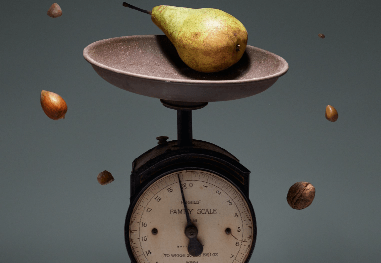
Sufficient Amount of Calories
- You need to have adequate calories in the diet to supply your body with energy for daily activities. However, calorie intake calculation could be very complex if you have concomitant medical conditions especially diabetes.
- Please discuss with your doctor or dietician on how you can ensure sufficient calorie intake while making appropriate diet choices.

Right Amount and Types of Protein
- If you have CKD but not on dialysis, you need to watch your protein intake. Your protein intake may need to be restricted. As CKD progresses, the kidneys gradually lose its ability to remove waste products that are formed when protein is metabolised. The accumulation of protein waste products in the blood will lead to symptoms such as nausea, vomiting and loss of appetite. Reducing protein intake helps to preserve kidney function and prevent additional stress on kidneys.
- Protein is found in both animal and plant foods. Protein from animal sources is the best in quality, and are efficiently used by the body.
- Sometimes, you may be prescribed very low protein diet together with ketoanalogue by your doctor when you have advanced CKD. Please consult your doctor or dietician for more information.
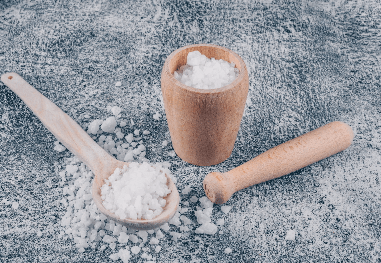
Low Salt Diet
- Sodium is a major part of table salt. Too much sodium intake increases blood pressure, which may harm your kidneys in long-term. High sodium intake increases thirst and causes fluid overload if you have CKD.
- As a general guide, you should reduce salt intake to less than 5 g (1 teaspoon) per day.
- Avoid seasonings, most canned food and frozen dinners, processed meats, most restaurant foods, take out foods and fast foods.
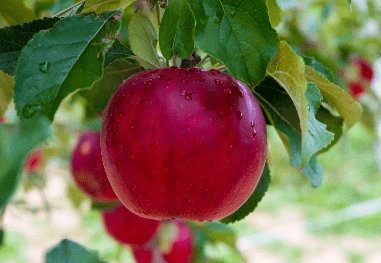
Right Amount of Potassium Intake
- Potassium is an important mineral that make your nerves, muscles and heart work properly. For patients with CKD, the kidneys can no longer remove excess potassium.
- Accumulation of potassium in the blood can cause irregular heartbeat and cardiac arrest.
- High potassium food should be avoided if you have CKD. Please consult your doctor or dietician for right amount of potassium intake.
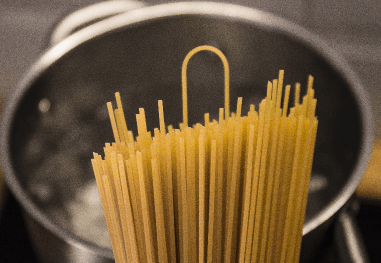
Low Phosphorus Diet
- In CKD, the body cannot keep a balance between calcium and phosphorus. The kidneys fails to excrete excessive phosphorus. A high phosphate level tends to attract calcium from the bone, making them brittle. It also results in the deposition of calcium phosphate salts in the vessels and soft tissues, leading to various complications.
- Foods that are high in phosphorus such as dairy products, organ meats, whole-grains and nuts should be avoided.
- Don’t forget to take your phosphate binders with meals if you are prescribed these medications by your doctor.
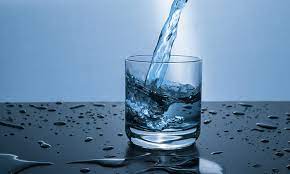
Right Amount of Fluid Intake
- As your kidney function decreases to reach advanced CKD, you may need to restrict your daily fluid intake to prevent your body from fluid overload due to reduction in urine production.
- Besides water, you also need to estimate the amount of fluid intake from your beverages such as tea and coffee, and food items such as fruits and porridges.
- Please consult your doctor or dietician on the amount of fluid restriction.

Staying Fit with CKD
- Sedentary lifestyle and reduced physical activity are common in CKD patients and are associated with increased risk of complications. CKD patients are encouraged to undertake physical activity compatible with cardiovascular health and tolerance, aiming for at least 30 minutes 5 times per week.
- CKD patient are encouraged to achieve a healthy weight with BMI 20 to 25 kg/m².
- Please discuss with your doctor regarding your exercise and physical activity.
References
1. https://www.niddk.nih.gov/health-information/kidney-disease/chronic-kidney-disease-ckd/eating-nutrition
2. https://www.kidney.org/sites/default/files/docs/nutrikidfail_stage1-4.pdf
3. Kidney Disease: Improving Global Outcomes (KDIGO) CKD Work Group. KDIGO 2012 Clinical Practice Guideline for the Evaluation and Management of Chronic Kidney Disease. Kidney inter., Suppl. 2013; 3: 1–150.
